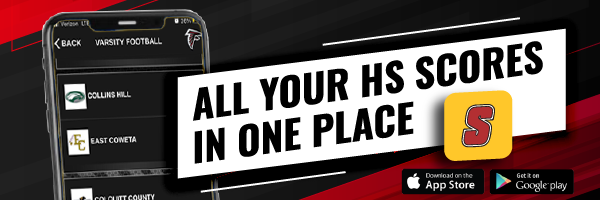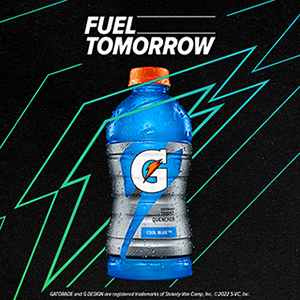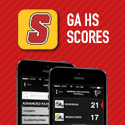I often make the point to my students that for every on-air position, there are 50 more positions available behind the scenes for people breaking into the sports broadcasting industry. Within the realm of “event or remote broadcasting”—which is a fancy way of describing, say, last weekend’s Georgia State-Florida State men’s basketball game—some job names are familiar, such as the producer or director, while others carry more arcane titles such as “Elvis Operator,” “Duet Operator” or, simply, the “A2.”
Comcast, Turner and Fox Sports are the better-known providers of jobs for Atlanta-area sports events, but often those media companies farm out the work to production company owners and independents who then “crew out” the production team from their own list of contacts.
To give you some idea of how many opportunities exist, Comcast’s Russ Aaron estimated the number of available paychecks on a college football Saturday at approximately 300 – and that’s just for Comcast’s six or seven game productions.
Comcast Sports Southeast (CSS), of course, makes its hay on college sports coverage and has deals in place with many of the major SEC and ACC programs to re-air those games during the following week. It’s a hectic week for CSS’s team; Aaron and his colleagues, Steve Thomas and Larry Haber, may not know until six days prior which games they’re going to load up for, because CBS, ESPN and Raycom have first dibs on the matchups. Still, for several schools, including Georgia and Miami, the contract provides that CSS will do the entire season of games with its own crew and announcing staff, as opposed to re-airing ESPN’s version. The implication, of course, is that UGA wants Buck Belue’s voice on its re-airing and hopes that CSS will “tell the story” from UGA’s point of view. For its part, Georgia football is too important for CSS not to imprint with its own brand and announcers.
Aaron, Comcast’s senior coordinating producer, says a typical day for the crew begins seven hours before kickoff, and the production for an important late-evening matchup may not break down until the following morning. During the game, approximately 35-40 people will work in the truck, on the field or in a camera position. The producer is in charge of the content; he or she will decide what storyline will be presented, how the announcers will present it, what replays are used and anything else that relates to the actual “football” aspect of the production. The director is in charge of its presentation; he or she will decide which camera is used and in which sequence along with what visuals best tell the story. In some ways, a director may not necessarily be a sports junkie; indeed, he very well may have come from directing a broadcast of something unrelated to sports the previous weekend.
ROUNDING OUT
From there, specialized jobs fill in the remainder of the crew sheet. There are plenty of cameramen, but each camera position has its own “utility” who’s in charge of assisting him in pulling cables or setting up the camera position. In the truck, an assistant director makes sure the game gets in and out of commercial breaks in a proper fashion, while audio specialists, known as A1 and A2, take charge of microphone and audio logistics. Once run from videotape, the EVS (“Elvis”) operator handles the playback of instant replays that are now digital streams of video. (That skill is specialized enough that you can take classes for it at area technical colleges.) The Duet operator loads all graphics into the Chyron Duet character generator. And there are a dozen more technical positions on every production that provide nice livings for those who get enough assignments.
Breaking into the field is not impossible. College interns who perform well often find that ESPN or Comcast or Fox don’t forget them when graduation rolls around.
“You want to talk to someone and see if they’ll let you shadow,” Aaron said.
The bottom line is that on-location game production is an exciting life for those who are independent enough to be on the road for weeks at a time. The pay is pretty good for the time invested; I’m told that the cameraman on the 50-yard line might make $400-plus for a football game, and I’m sure it’s more than that at the network level. The producer and director make far more than that.
Aside from the pay, though, it’s the adrenaline and the afterglow of being part of a good telecast that motivates many of the weekend warriors.
“Personally, I love being part of a live event, because in a taped show, you know you can tweak this or that … but with live you have one shot so the senses are heightened,” Aaron said. “The feeling of having a smooth broadcast is very satisfying.”
Jeff Batten owns Complete Game Broadcasting, a sports broadcasting training facility. He also owns Batten Communications, Inc., the nation’s largest independent television production company. He can be reached at jeff@completegame.tv.






















































